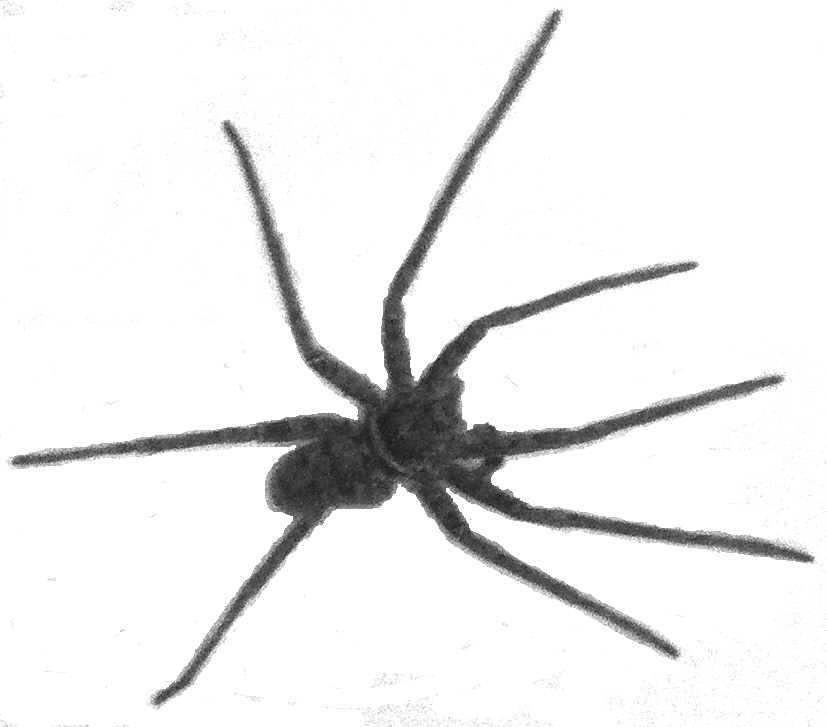Quedas do Rio Bonito Ecological Park (camera trapping)
Basic information
Sample name: Quedas do Rio Bonito Ecological Park (camera trapping)
Reference: K. K. Santos, G. S. M. Pacheco, and M. Passamani. 2016. Medium-sized and large mammals from Quedas do Rio Bonito Ecological Park, Minas Gerais, Brazil. Check List 12(1):1-8 [ER 2075]
Geography
Country: Brazil
State: Minas Gerais
Coordinate: 21° 19' 45" S, 44° 59' 0" W
Coordinate basis: stated in text
Geography comments: "on the slopes of the Serra do Carrapato, in the municipality of Lavras"
altitude 984 to 1235 m
altitude 984 to 1235 m
Environment
Habitat: tropical/subtropical dry broadleaf forest
Altered habitat: secondary forest
Substrate: ground surface
Disturbance: recent fire
MAT: 20.4
MAP: 1460.0
Habitat comments: "in a forest fragment" within the park, which as "an area of 235 ha" that appears to be entirely natural, although "Due to the history of forest fires and the removal of wood in the past, there is a mix of native vegetation in different successional stages. The QRBEP is located in an ecotone with phytophysiognomies of both biomes: Alluvial Semideciduous Forest, Montane Semideciduous Stationary Forest, Cerrado, Candela, Rupestrian fields, and Altitude fields... The climate of the region is of type Cwa according to the Köppen classification, rainy temperate"
Methods
Life forms: carnivores,rodents,other large mammals,other small mammals
Sites: 1
Sampling methods: automatic cameras
Sample size: 88 captures or sightings
Seasons: dry,wet or monsoon
Nets or traps: 4
Net or trap nights: 428
Camera type: analog
Cameras paired: no
Sampling comments: "Fieldwork was carried out over four expedtitions, two in each season (dry and rainy), conducted from June 2012 to May 2013, totaling 121 days of sampling... We used four analogic camera traps (Tigrinus) installed along two line transects" shown on a map as being entirely in mature forest; "These cameras remained activate for an average of 27 consecutive days in each expedition, totalling 428 traps/day and 10,272 h of sampling effort"
sand plot, transect, and Tomahawk data are also given (with only one Tomahawk record)
sand plot, transect, and Tomahawk data are also given (with only one Tomahawk record)
Metadata
Sample number: 2016
Contributor: John Alroy
Enterer: John Alroy
Created: 2016-05-24 13:54:06
Modified: 2021-06-04 03:23:06
Abundance distribution
10 species
4 singletons
total count 88
geometric series index: 18.8
Fisher's α: 2.904
geometric series k: 0.6963
Hurlbert's PIE: 0.8020
Shannon's H: 1.8104
Good's u: 0.9545
Each square represents a species. Square sizes are proportional to counts.
• Find matching samples
Register
| Dasypus novemcinctus | 1 | 4.4 kg invertivore |
| Chrysocyon brachyurus | 20 | carnivore-frugivore |
| Canis lupus familiaris | 15 | 43 kg carnivore |
| Leopardus pardalis | 11 | 8.4 kg carnivore |
| Puma concolor | 26 | 49 kg carnivore |
| Eira barbara | 1 | 4.3 kg frugivore-carnivore |
| Procyon cancrivorus | 3 | 5.0 kg carnivore-frugivore |
| Sylvilagus brasiliensis | 9 | |
| Hydrochoerus hydrochaeris | 1 | 58 kg grazer-browser |
| Cuniculus paca | 1 | 7.4 kg frugivore |


